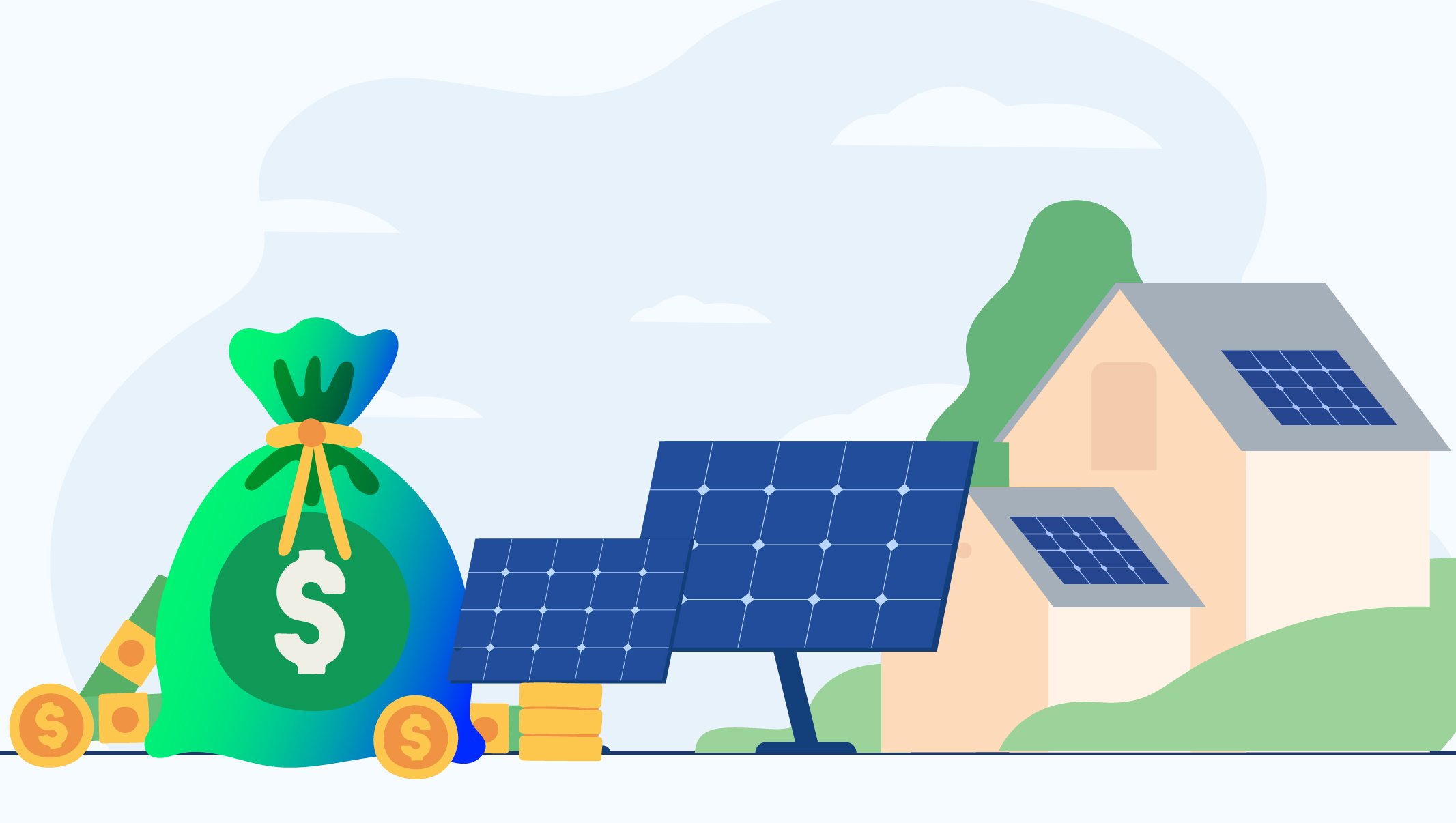Introduction
As global energy demands rise and environmental concerns become more pressing, solar energy stands out as a crucial component for a sustainable future. This blog explores the importance of solar energy, its benefits, and why it is essential for both the environment and the economy.
Environmental Benefits of Solar Energy
Reduction in Greenhouse Gas Emissions
Solar power generates electricity without emitting harmful greenhouse gases. By switching to solar, we can significantly reduce our carbon footprint and combat climate change.
Decreased Air Pollution
Traditional energy sources like coal and natural gas contribute to air pollution. Solar energy, being a clean energy source, helps improve air quality and public health.
Economic Benefits of Solar Energy
Cost Savings
Solar panels can drastically reduce electricity bills. Although the initial installation cost is high, the long-term savings on energy bills make it a worthwhile investment.
Job Creation
The solar industry is a significant job creator. From manufacturing to installation and maintenance, solar energy supports thousands of jobs worldwide.
Energy Independence and Security
Reducing Reliance on Fossil Fuels
By harnessing the sun's power, we can reduce our dependence on finite fossil fuels and enhance energy security.
Stable Energy Prices
Solar energy can help stabilize energy prices by providing a reliable and consistent energy source, unaffected by global fuel market fluctuations.
Technological Advancements
Improved Efficiency
Technological advancements are making solar panels more efficient and affordable, increasing their adoption and effectiveness.
Energy Storage Solutions
Innovations in battery storage technology allow for better energy management, ensuring a continuous power supply even when the sun isn't shining.
Government Incentives and Policies
Tax Credits and Rebates
Many governments offer tax credits, rebates, and other incentives to encourage solar energy adoption, making it more financially accessible.
Renewable Energy Targets
Setting and achieving renewable energy targets is essential for sustainable development. Governments worldwide are increasingly committing to ambitious renewable energy goals.
Community and Residential Benefits
Community Solar Projects
Community solar projects enable multiple households to benefit from a single solar installation, making solar energy accessible to those who cannot install panels on their own property.
Increased Property Value
Homes with solar panels often have higher property values and sell faster than those without, providing an additional financial incentive for homeowners.
Conclusion
Solar energy is not just a sustainable alternative to traditional energy sources; it is a necessity for a cleaner, more resilient, and economically stable future. By investing in solar energy, we can protect our environment, boost our economy, and ensure energy security for generations to come.


